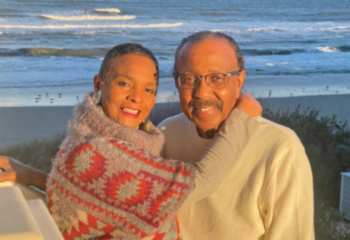
On ASHA’s Centennial, a Presidential Push for Professional Transformation
President Bernadette Mayfield-Clarke brings her open-minded, well-traveled outlook to the professions’ work shaping the next 100 years.
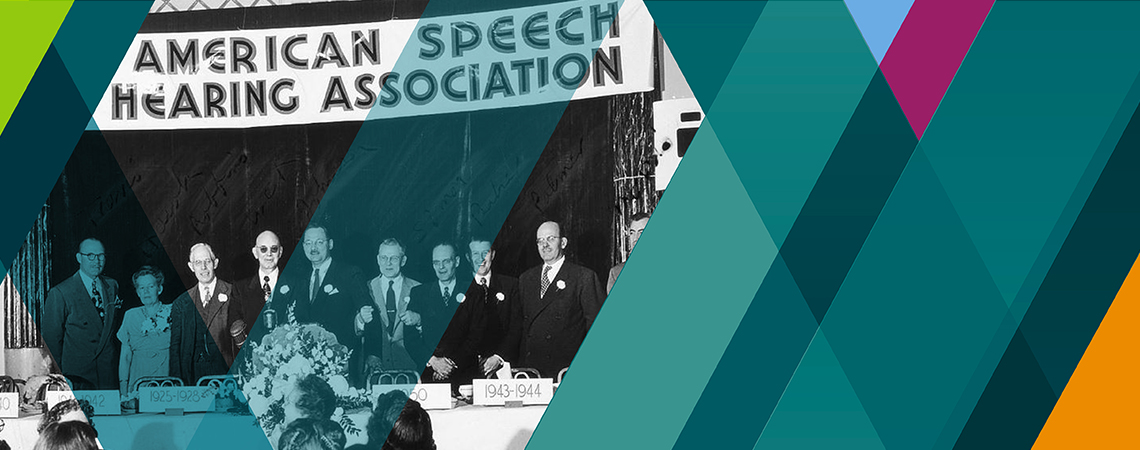
Photograph of ten former presidents at Silver Anniversary banquet in Columbus, OH, 1950
In 1925, a few members of the National Association of Teachers of Speech decided to start a new organization. They hoped that this group, which they called the American Academy of Speech Correction, would further their field of “speech correction.” With that, ASHA was born.
In the past 100 years, ASHA has seen exponential growth. But in many ways, it stays true to the vision of those original members. ASHA maintains high educational standards for its members, promotes scientific study, and advocates for the advancement of audiology, speech-language pathology, and speech, language, and hearing sciences.
Learn more about ASHA’s history and legacy on our Centennial timeline.
“Back then, we had no texts, no tools. We recorded our clients’ speech on wax phonograph cylinders. Our sound waves were scratched on a smoked kymograph drum. Using tuning forks of different frequencies, we calibrated hearing loss by marks on the office carpet. We had no standardized tests.”
“Recognizing clinical education and supervision as a distinct area of practice has elevated its importance in the professions, ensuring future clinicians receive high-quality mentorship and training. This fosters evidence-based supervisory practices and promotes excellence in clinical education, enhancing the standard of care for clients. It also solidifies the critical role of supervisors as educators and leaders in shaping the next generation of practitioners.”
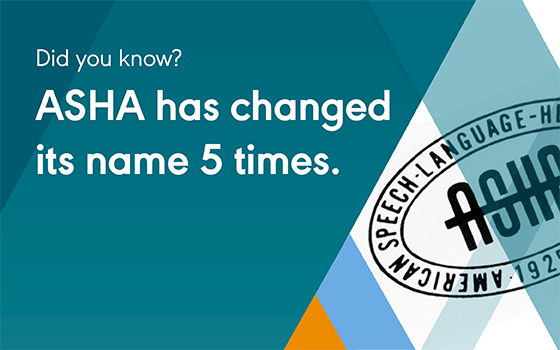


President Bernadette Mayfield-Clarke brings her open-minded, well-traveled outlook to the professions’ work shaping the next 100 years.
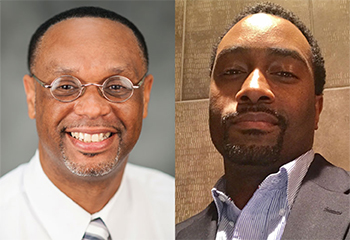
George Castle, CCC-SLP, talks about how his mentor, Kenyatta Rivers, taught him to live his life helping others in their careers while pulling himself up at the same time.
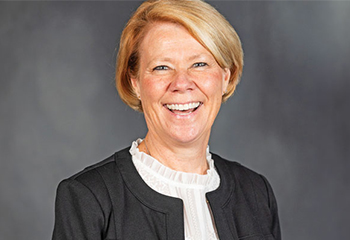
As both an audiologist and an SLP, Tena McNamara has mentored students, offering unique insights across two professions.